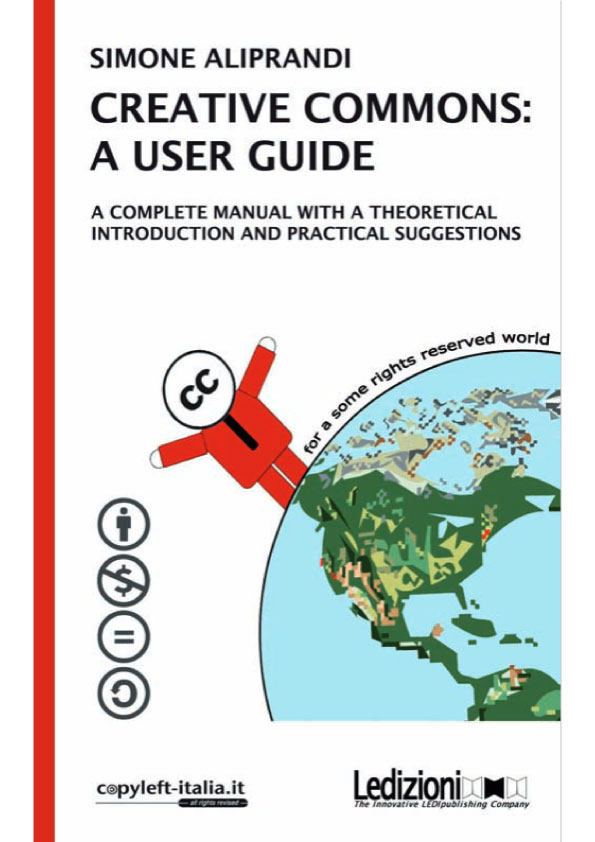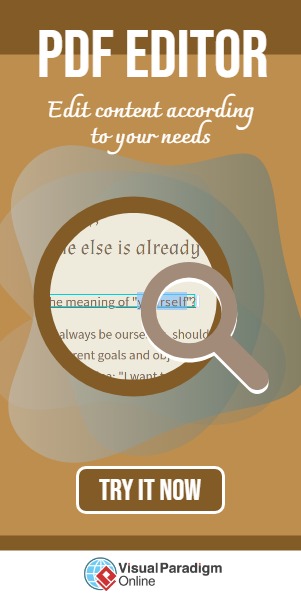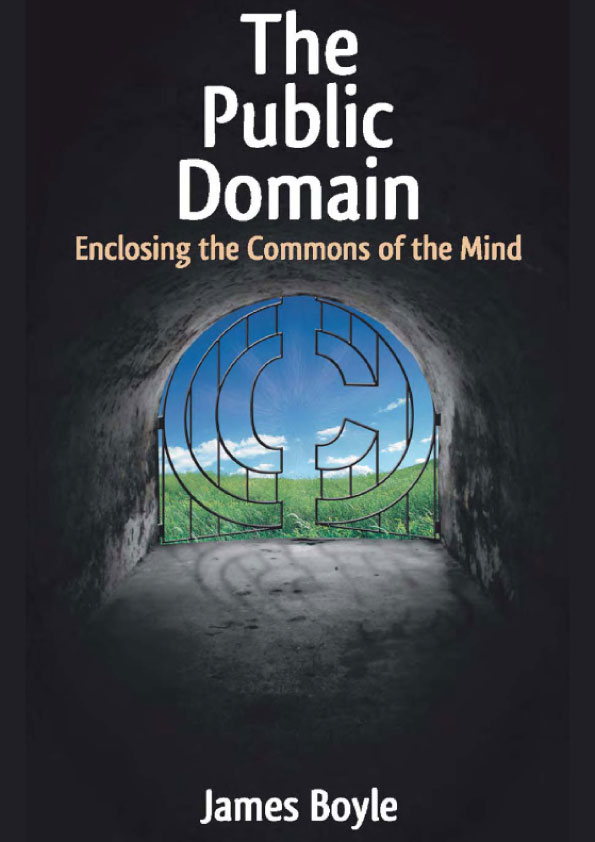Creative Commons (CC) is a nonprofit organization that provides a set of standardized licenses to creators of original works, such as music, images, and writing, to make it easy for them to share their creations with the public while retaining some control over how they are used.
Before Creative Commons, creators had two options: either keep their works completely private and unavailable to the public, or give up all control by placing their works into the public domain. Creative Commons licenses offer a third way, allowing creators to maintain some ownership over their works while also making them widely available for others to use.
Creative Commons licenses are based on copyright law, which grants creators exclusive rights to their works, including the right to copy, distribute, and make derivative works. But with Creative Commons licenses, creators can give others permission to use their works in certain ways without having to negotiate individual agreements.
There are six main types of Creative Commons licenses, each with different terms and conditions:
- Attribution (CC BY): This license allows others to use, distribute, and make derivative works based on the original work, as long as they give credit to the creator.
- Attribution-ShareAlike (CC BY-SA): This license allows others to use, distribute, and make derivative works based on the original work, as long as they give credit to the creator and license their new works under the same terms.
- Attribution-NoDerivatives (CC BY-ND): This license allows others to use and distribute the original work, but they cannot make derivative works based on it and must credit the creator.
- Attribution-NonCommercial (CC BY-NC): This license allows others to use, distribute, and make derivative works based on the original work, as long as they give credit to the creator and do not use the work for commercial purposes.
- Attribution-NonCommercial-ShareAlike (CC BY-NC-SA): This license allows others to use, distribute, and make derivative works based on the original work, as long as they give credit to the creator, do not use the work for commercial purposes, and license their new works under the same terms.
- Attribution-NonCommercial-NoDerivatives (CC BY-NC-ND): This license allows others to use and distribute the original work, but they cannot make derivative works based on it, must credit the creator, and cannot use the work for commercial purposes.
Creators can choose the license that best fits their needs and goals for their works. For example, a musician might choose to use a CC BY license for their music, allowing others to use and remix their songs as long as they credit the musician. An author might choose a CC BY-NC license for their writing, allowing others to share and adapt their work for non-commercial purposes.
Learn more about Creative Common in the book above!




